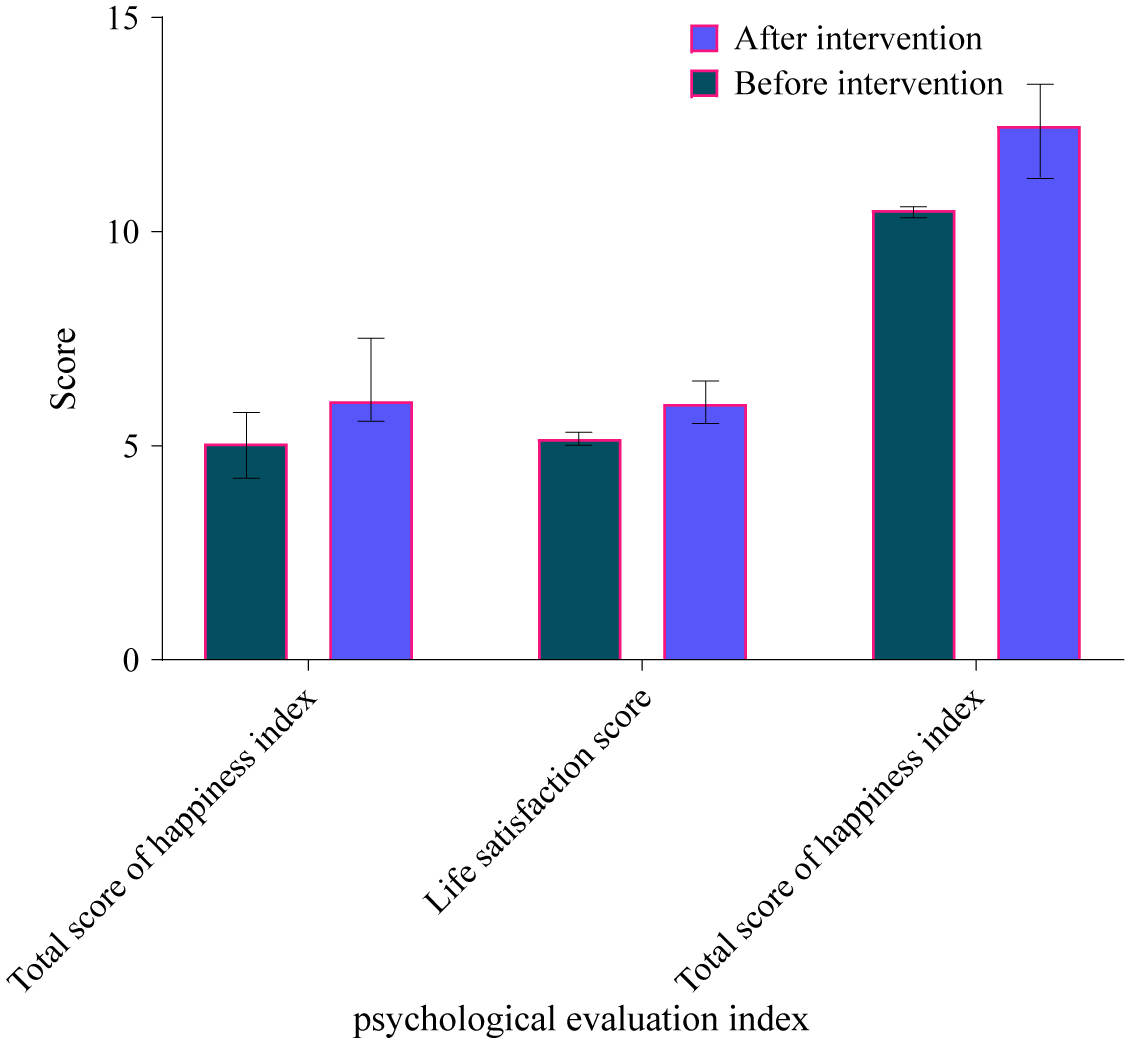No CrossRef data available.
Article contents
Adjusting intervention of trade war subjective feelings: An analysis of the relationship between psychological characteristics and mental health of foreign trade workers
Published online by Cambridge University Press: 09 March 2023
Abstract
With the development of the economy and society and the further increase of social competition pressure, people often encounter some difficulties or pressure in academics, employment, economy, interpersonal relationship, marriage and other aspects. Mental health problems occur frequently. The burden of illness caused by mental health is growing. In recent years, it has had the greatest impact on our country’s foreign trade industry. The most profound social event is the China–United States trade war. On March 22, 2018, the US announced an additional 25 percent tariff on $60 billion of Chinese goods. On March 23, China retaliated by imposing additional tariffs on $3 billion of imported goods from the US, marking the official start of the “China–United States trade war”. Mental health is an important part of people’s health. Without a healthy mind, there will be no healthy life. In recent years, with the rapid development of the global mental health movement, the attention of all walks of life to mental health has reached a new height. The researchers investigated or studied the mental health status of teachers, school students, police officers, medical personnel, workers, left-behind children, sailors and supervised personnel from various perspectives. Based on the above, the study analyzes the impact of the trade war on the psychological characteristics and mental health of foreign trade employees and the relationship between them, in order to improve the anxiety of foreign trade employees.
The research data was obtained through a questionnaire survey. At the beginning of the questionnaire, unified guidance is used to introduce the nature, purpose and filling method of the survey. The respondents are asked to select the corresponding answer for each item in a secret way according to their actual situation. The questionnaire is distributed centrally and filled out separately. The original data obtained from the questionnaire contains 438 samples, some of which have problems such as the mission of question filling, inconsistency of key information, and continuous selection of the same options in each question of the same scale, which need to be excluded. After pretreatment, the sample size was 354, and the sample effective rate was 81%. Stata16.0 software and SPSS22.0 software were used for the calculation and statistics of relevant data.Figure 1.
Scores of index of Well-Being scale before and after the intervention

As shown in Figure 1, under the psychological intervention of trade war subjective perception adjustment for foreign trade practitioners, scores of all index of Well-Being scales were significantly higher than before the intervention (P < 0.01).
The results of this study show that after the intervention mechanism of trade war subjective perception regulation, all the scores of indexes of Well-Being scale are significantly higher than before the intervention (P < 0.01), indicating that the trade war subjective perception regulation mechanism is intervening in the psychology of foreign trade practitioners, which can improve the work happiness of foreign trade practitioners. Avoiding social events such as the China–United States trade war may aggravate their psychological symptoms and reduce their mental health.
- Type
- Abstracts
- Information
- Copyright
- © The Author(s), 2023. Published by Cambridge University Press


